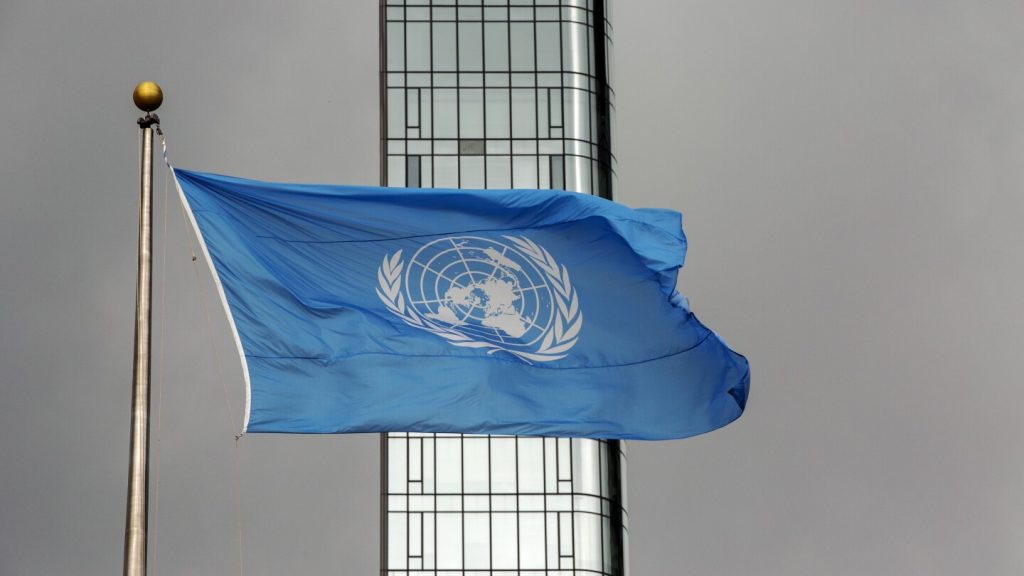The focus on artificial intelligence (AI) dominated the U.N. Security Council meeting on Wednesday, as global leaders and diplomats recognized AI’s vast potential while expressing concerns about its misuse and military implications.
“The issue is not if AI will impact international peace and security, but how we will ensure its responsible use,” stated U.N. Secretary-General Antonio Guterres in his opening remarks. He highlighted AI’s potential in preventing food insecurity, aiding in de-mining, and forecasting violence, but cautioned that without proper controls, it could be weaponized.
AI’s Growing Importance
The session highlighted a collective understanding of AI’s impact, with discussions on its benefits in medical research alongside warnings about misinformation and other negative effects. British Deputy Prime Minister David Lammy remarked on AI’s capabilities for “real-time logistics and early warning systems,” while acknowledging the challenges it presents in armed conflicts, such as unintended escalations.
The Call for Regulation
Since the advent of ChatGPT three years ago, AI’s dramatic advancements have caught worldwide attention, prompting rapid development by tech companies. However, experts caution about existential risks, including engineered pandemics and unregulated rogue AIs, emphasizing the need for safeguards.
The U.N. has recently implemented a new governance framework for AI, marking a significant effort to manage its development. This follows less successful multilateral initiatives that resulted in non-binding commitments. A resolution passed last month aims to establish a global forum and an independent expert panel to guide international governance of AI.
International Collaboration on AI
During Wednesday’s debates, several representatives, including Sierra Leone’s Timothy Kabba, underlined the necessity for military oversight to prevent undesirable consequences from AI in armed forces. He advocated for best practices that prioritize human agency in military applications.
Looking ahead, Guterres will host a meeting on Thursday to launch the Global Dialogue on AI Governance, providing a space for stakeholders to collaborate on international solutions. Recruitment for experts on the independent panel is expected to begin soon, with comparisons made to the U.N.’s climate change efforts.
While these new initiatives are seen as steps towards inclusive global governance, some experts warn that they may lack the power to effectively regulate rapidly evolving technology. A group of influential figures has called for international agreements to establish essential safety standards for AI by the end of next year, advocating for a treaty similar to those governing nuclear and biological weapons.



